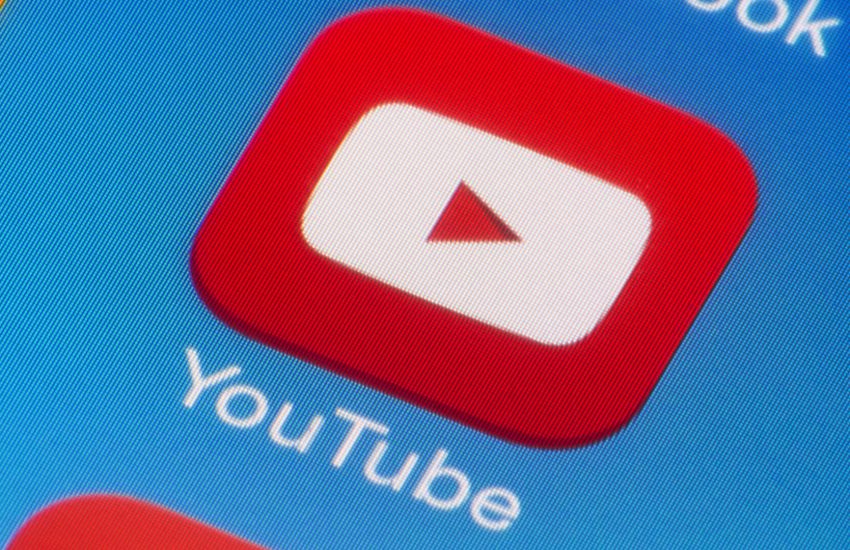Like dominoes falling, more brands are pulling their ads from YouTube and Google display ad network over concerns about ads appearing next to extremist content. Following several UK entities, telecoms Verizon and AT&T, car rental company Enterprise and pharmaceutical giant GSK have all pulled ad buys from YouTube in response to an investigation by The Times.
“We are deeply concerned that our ads may have appeared alongside YouTube content promoting terrorism and hate. Until Google can ensure this won’t happen again, we are removing our ads from Google’s non-search platforms,” an AT&T spokesperson said in a statement.
Last week, the British government and more than other 250 organizations said they would no longer advertise on YouTube until they could receive guarantees that their ads would not appear alongside extremist videos. The British government also summoned Google to address the British Cabinet Office about advertiser concerns.
Google’s EMEA head responded to concerns last week. On Friday, Google announced it is taking added measures to ensure brand safety in regard to inappropriate content on its ad networks.
Philipp Schindler, Google’s chief business officer, wrote that as of Tuesday, the company is “taking a tougher stance on hateful, offensive and derogatory content. This includes removing ads more effectively from content that is attacking or harassing people based on their race, religion, gender or similar categories. This change will enable us to take action, where appropriate, on a larger set of ads and sites.”
Google’s response has been a long time coming, and the company has been set back on its heels in understanding the significance of advertiser concerns.
The Times reports ads from US advertisers continued to run on an extremist’s YouTube page even after it has been disabled for UK brands.
“We don’t comment on individual videos but as announced, we’ve begun an extensive review of our advertising policies and have made a public commitment to put in place changes that give brands more control over where their ads appear. We’re also raising the bar for our ads policies to further safeguard our advertisers’ brands,” a Google spokesperson said in a statement.
For additional context, see our past coverage: Google isn’t actually tackling ‘fake news’ content on its ad network and Brand safety: Avoiding fake & hyperpartisan news on the Google Display Network.
It’s worth reading the entire The Times coverage as well.
About The Author

